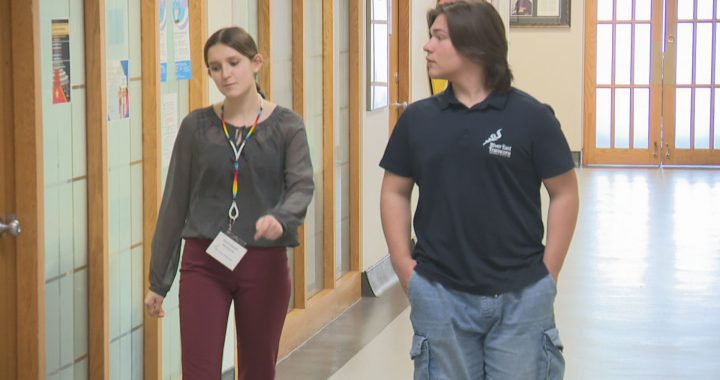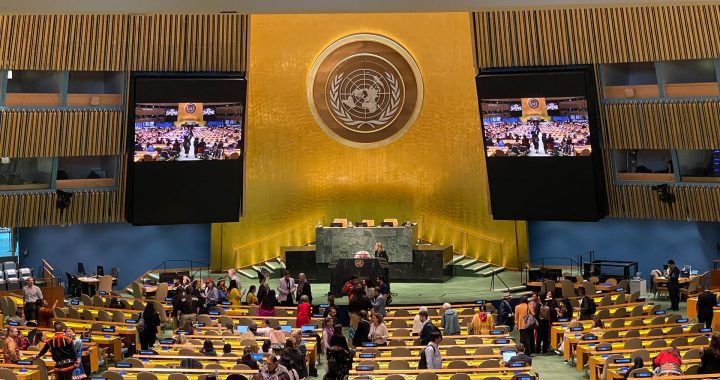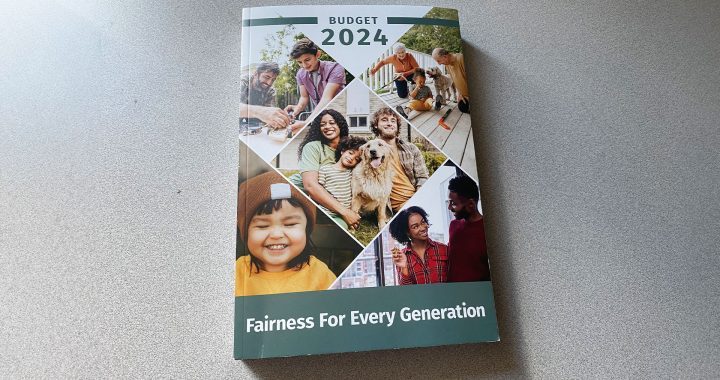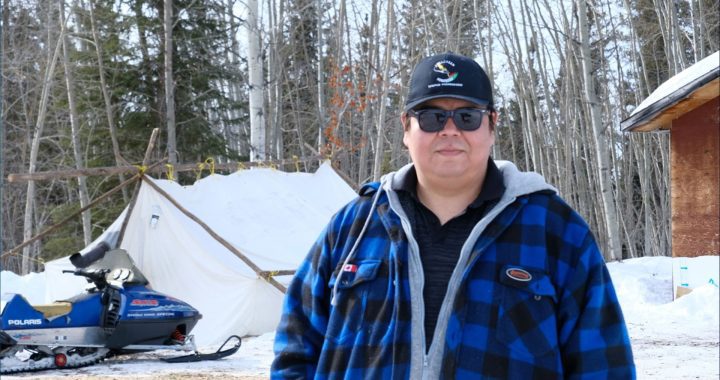(In 1999, the Supreme Court of Canada ruled that courts across the country must consider an Indigenous offenders background when being sentenced. It’s been nearly 20 years since that ruling and incarceration rates continue to climb)
Special to APTN News
During my early adolescent years, I began to understand the many issues surrounding the Indigenous community, including those of my own family. I was horrified to learn the impact of forced assimilation.
This led me to begin studying criminology in university to contextualize my personal experiences in a broader context and develop a better understanding of these issues. I was shocked to learn about the over-incarceration of Indigenous peoples but determined to find solutions.
In 2015-2016, Indigenous peoples represented 28 per cent of the adult federal corrections, while only representing three per cent of the adult population. These prison rates need to decrease. This means implementing change and one way is reforming Gladue courts.
Gladue courts are specialized criminal courts. It ensures section 718.2(e) of the Criminal Code is applied, which states community-based sentences should be considered before imprisonment, particularly for Indigenous peoples. Gladue acknowledges an individual, social disadvantages that are rooted in colonialism and contribute to the higher crime rates of Indigenous peoples.
This is not to say that Gladue courts are a “get out of jail free” card.
Gladue courts acknowledge that many of the social disadvantages and inequalities that Indigenous peoples experience which contributes to their over-representation in prison, is rooted in Canada’s history of colonialism and discrimination. These courts provide Indigenous peoples with an opportunity to have equal justice, as any other non-Indigenous accused person would.
The federal prison rates have increased since Gladue courts were introduced, despite its goal to reduce the issue. One reason is the training for Gladue courts.
Paula Maurutto and Kelly Hannah-Moffat, two professors at the University of Toronto, observed 1,032 cases in two Gladue courts in Toronto to understand how Gladue principles are incorporated into court cases. They found there was not sufficient training among legal actors (judges and lawyers), to connect crime factors to colonization.
For instance, substance abuse must be explained through colonization, such as residential schools. This connection provides the necessary context to understand how colonization contributes to higher crime rates for Indigenous peoples.
In the decision of F.H.L. in January of 2018, the Ontario Court of Appeal cautioned judges against stating an Indigenous offender’s background is not connected to their crime and will not impact their sentence. The Indigenous background provides the colonial context to determine a proportionate sentence which should be acknowledged, whether or not it influences the sentence.
This warning was also mentioned in two previous cases in 2016 and 2012.
F.H.L. was the case that influenced my passion to advocate for training reform. It illustrates that although past cases indicate how to apply Gladue, the same issue continues to reoccur, demonstrating a common misunderstanding of how Gladue should be used.
In theory, Gladue principles may seem straightforward. Evidently, these examples demonstrate there is not sufficient training on how to practically apply Gladue into court.
These mistakes are impacting the sentencing decision for Indigenous offenders, which increases the likelihood of an imprisonment sentence. Not only does this increase their over-representation in prison, but it is expensive to keep an offender in prison. In 2015-2016, the yearly cost of maintaining an offender in a federal institution was approximately $116,000.
This issue is costing Canadians thousands of dollars. Surely, this money would be better spent elsewhere. More importantly, Indigenous offenders could be considered for a sentence other than imprisonment that would be more effective at rehabilitation and addressing their root causes of offending, especially since evidence shows prison is not effective for Indigenous peoples.
If there are specialized criminal courts for Indigenous peoples to consider their unique circumstances, we need to have a longer, mandated, and uniform training for all legal actors in Gladue courts. Training needs to be done by an external Indigenous organization to effectively cover the complexity of colonial consequences that effect Indigenous peoples and higher crime rates.
Training is feasible to address. Currently, training is not consistent among legal actors and there is not a sufficient practical component to train legal actors on applying Gladue principles in court. If the daily operations and governance of Gladue courts is not addressed, it is unlikely any future reforms targeting the bigger issues of Gladue courts will be effective.
We cannot expect the prison rates of Indigenous peoples to decrease without providing the proper support and training for those in Gladue courts. Implementing better training can be a step towards improving the criminal justice system for Indigenous peoples.
Read more on Glaude here: APTN News Gladue
Lysandra Moreno is currently a Masters student at the University of Toronto. Her passion for the issue of the over-incarceration of Indigenous men and women is largely influenced from her personal experiences as an Indigenous person and learning about systemic discrimination within the criminal justice system that contributed to these high rates.
Do you want to share your opinion. Write to us:









